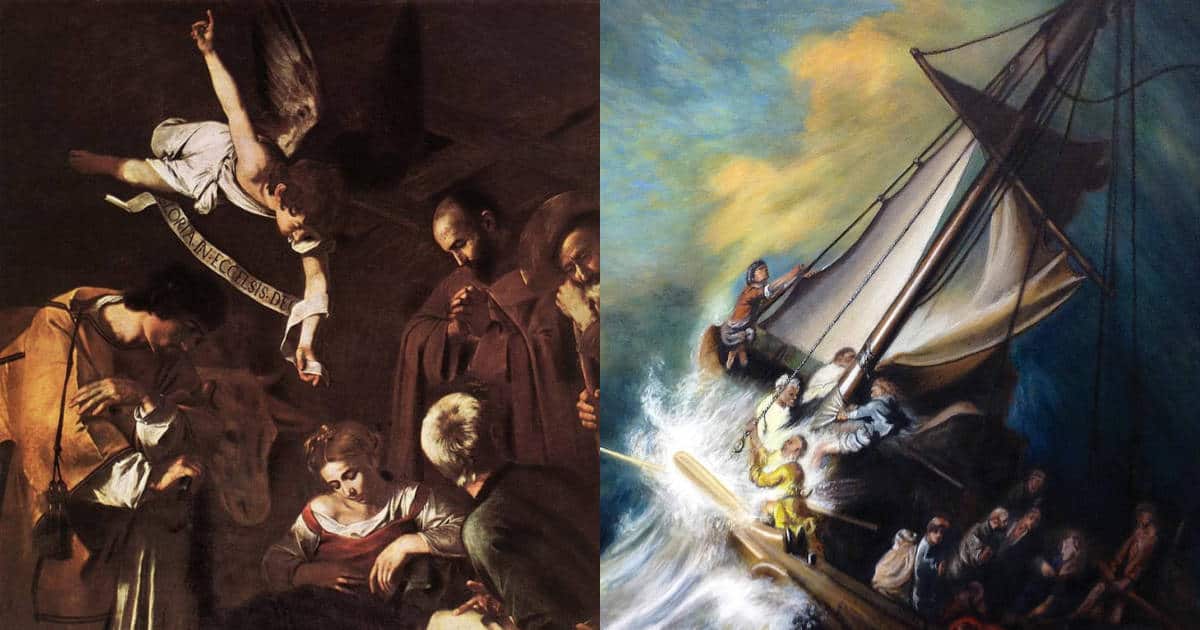
Today looting exists for many reasons, the primary reasons being a means to fund political campaigns and wars and the demand of artifacts for public and private collections. Whether it be at times of conflict, or after a society’s collapse, historians have traced artifacts excavated in one culture back to another culture entirely. They were used to teach students how to find the right words, tone and style to use in various situations, from speeches at courts to creative writing, as in this copy of the plays by the 2nd-century BC playwright, Terence.Historic neighborhood burns during a military raid in 2012Ĭredit: Throughout the history of mankind, cultures have looted from other societies. Ancient Roman plays, for example, have come down to us not as scripts for theatrical performances but rather as school manuals. This key role of schools in the transmission of the classical past sheds a special light on other surviving texts, too. The works of Homer in the Eastern Mediterranean and Virgil, Cicero, Horace and Ovid in the West all survived thanks to their inclusion in late antique and medieval secondary education. We have works on ancient mythology such as Ovid’s Metamorphoses, and encyclopaedic works such as Pliny’s Natural History. British Library, Creative CommonsĪlthough schools filtered the classical tradition rather heavily, omitting a number of texts that we would now be eager to read, the ancient schoolmasters had a surprisingly broad literary grasp. For example, of the 142 books of Livy’s exceptionally long work, The History of Rome from its Foundation, from the 1st century BC, only 35 books have survived intact, with the rest preserved only in extracts abridged for school use.Ī heavily annotated title page from an copy of a grammatical textbook by Priscian, which was widely used in medieval schools: France, 11th century, Harley MS 2763, f. Texts that proved to be too difficult or unsuitable for use in schools were more prone to being lost.

The reason for this is that works that made it onto school curricula tended to be copied more, so medieval scribes preserved them in large numbers. While this may have occasionally occurred, the biggest deciding factor for the survival or disappearance of classical texts is actually likely to be their use in medieval school education. The image of burning books and libraries is often evoked in scholarship, fiction and films alike. Traditionally, barbarian invasions and Christian monks have been blamed for intentionally destroying works of the classical past. Sometimes we have hints of works only, such as this parchment book tag which used to serve as a ‘title page’ to a scroll containing Sophron’s Comedies on Women from the 5th century BC, now lost.Ī book tag (syllibos) with the title of a lost papyrus scroll said to have contained Sophron’s Comedies on Women: Oxyrhynchus, Egypt, 1-2nd century, Papyrus 801. Nor is there any trace of a substantial proportion of scientific and historical writings by ancient Greek and Roman authors. Various works of epic poetry, such as Cicero’s famous poem on his own historical significance, humbly titled On my own consulship, do not survive. Many ancient plays, both in Greek and Latin, are only known by name. Some highly acclaimed pieces of ancient Greek lyrical poetry, such as Sappho’s poems, have also disappeared. His famous treatise on laughter and comedy – desperately sought in Umberto Eco’s The Name of the Rose – has not come down to us. For example, we have only about a third of the works of Aristotle. Why were some works lost while others survived, and where can you find them?Ī large number of classical texts do not survive at all. Compared to their afterlife and significance, however, the number of classical writings that have actually survived is surprisingly low.

They profoundly shaped medieval thought, as you can discover in Cillian O’Hogan’s article The Classical Past on the Polonsky England and France 700-1200 project website. Works written by ancient Greek and Roman authors have made a major impact on the world’s culture and society. The biggest factor for the survival or disappearance of classical texts is actually likely to be their use in medieval school education.Ĭurator of Ancient and Medieval Manuscripts Beginning of the book on the nature of the birds from Pliny’s Natural History: England, 2nd half of 12th century, Arundel MS 98, f.


 0 kommentar(er)
0 kommentar(er)
